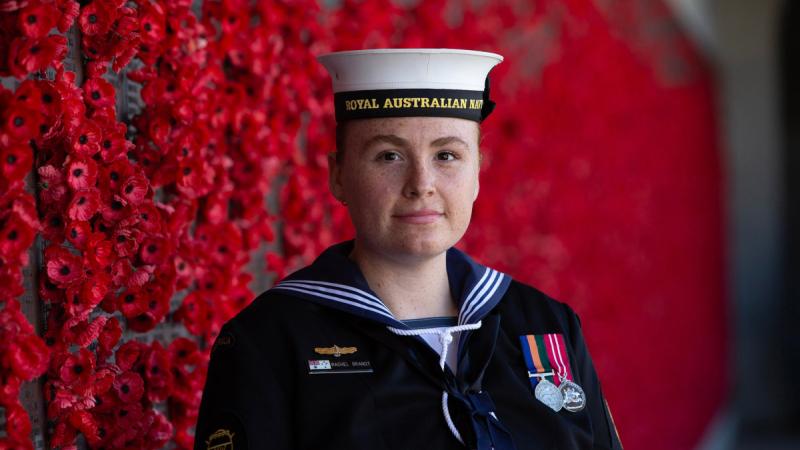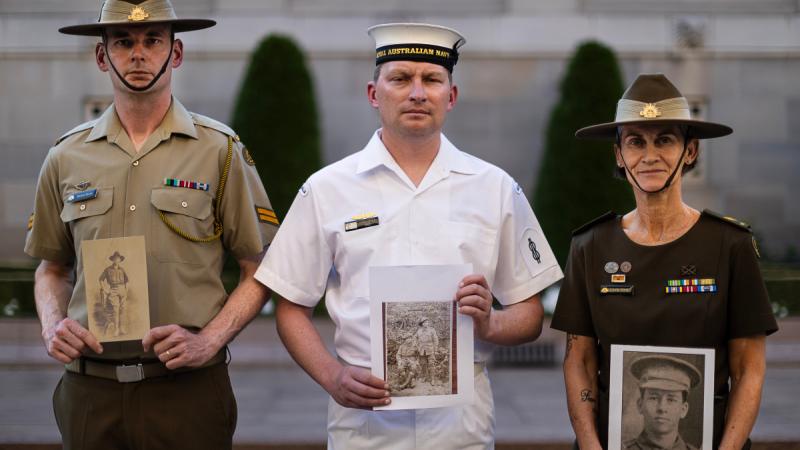The report comes just four weeks after a child was killed and five more children injured during security operations in Al Hol, which is one of two camps housing people displaced in NE Syria since the collapse of the Islamic State (ISIS) in 2019.
In 2021, an average of more than two people were killed per week, making Al Hol, per capita, one of the most dangerous places in the world to be a child. The overwhelming majority (98%) of these attacks have taken place in Al Hol’s Main Camp, home to Syrian and Iraqi men, women and children.
Children have seen their neighbours killed in their tents, others have seen shootings, stabbings and strangulations while going to the market or to school, according to the report which involved interviews with more than 20 Syrian and Iraqi families.
Hadia* told Save the Children that her son Ziad*, 12, saw his best friend and his friend’s father shot dead. She said:
“When he came home he refused to eat or drink. He always calls the name of our neighbour’s son in his dreams. He always asks me why his friend was killed and what did he do to deserve to be killed. He would say ‘I may be killed just like my friend’, and during his sleep he says ‘my friend was killed, my friend was killed’. It has been nine months since the incident – he is still having the same dream, they were close friends.”
Naser*, a teacher interviewed by Save the Children, said:
“One day my students came and told me that a woman and her brother were killed. They had seen it on their way to school. They started giving details about how the brother was shot and his sister was strangled with a shoelace and how their children were screaming and crying for their dead parents. I was afraid hearing what they witnessed. This is common.”
Children are having regular nightmares that involve killing and violence, and struggling with insomnia, the report says. They are resorting to aggressive behaviour and unable to concentrate at school. They are also bed-wetting, vomiting, and losing their appetite. Many of them, including very young children, feel hopeless about their futures.
Fadila* has a five-year old stepson, Nasr*. Nasr’s father survived a murder attempt. Since then, Fadila said:
“Sometimes I notice that Nasr is preoccupied. I ask him what’s wrong, he answers me that he wants to die…I tell him you shouldn’t say something like this, in the future you will get older and become a teacher or a doctor. He answers back saying he doesn’t want that. He wants to die now.”
About 57,000 people call Al Hol home, almost half of them children. Since March 2019, there have been at least 130 murders. The Main Camp – where the vast majority of the violence occurs – is home to Syrian and Iraqi nationals, but the Al Hol Annex, which has also seen insecurity, houses women and children from 60 other countries.
Save the Children is calling for urgent efforts to support the safe, voluntary and dignified return home of Syrian and Iraqi families from Al Hol, as well as the repatriations of children of foreign fighters and their mothers back to their home countries. In the interim, donors need to increase support for services for children affected by violence, including psychosocial support to help them cope with what they are experiencing.
Every single parent that Save the Children spoke to said that one or all of their children had heard and repeated stories of violence, including graphic details of killings or bodies, as news spreads quickly across the camp. They also described the fears that their children have for their own and for their parents’ safety. The fear instilled in these children – leading to them being consumed by thoughts and images of death and violence – has been hugely detrimental to their wellbeing.
Save the Children’s Syria Response Director, Sonia Khush, said:
“It is entirely unacceptable that we have five-year-old children in Al Hol telling their parents that they want to die. Children cannot continue to live in such distressing conditions. The level of violence they experience in Al Hol on a daily basis is appalling.
“Insecurity in the camp needs to be effectively addressed without adding more stress and fear to these children’s lives, and they urgently need access to more psychosocial support to cope with their experiences. But the only lasting solution for this situation is to support children and their families to be able to safely and voluntarily leave the camp. This is no place for children to grow up.”








